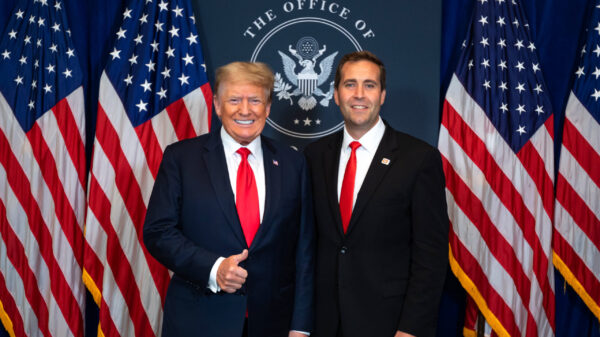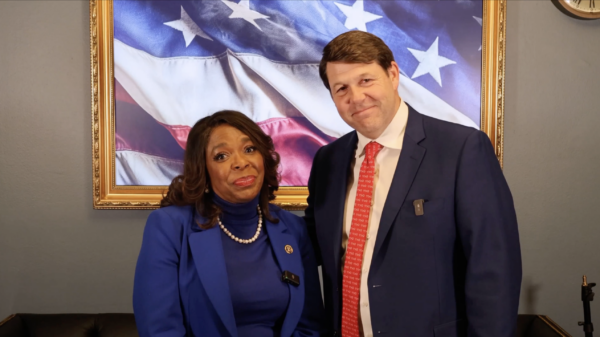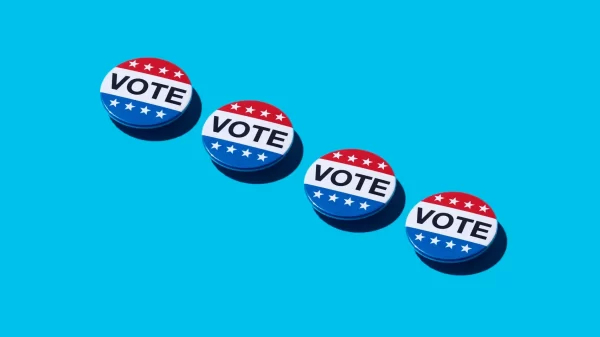By Allen Mendenhall
Executive Director of the Blackstone & Burke Center for Law & Liberty
Do you want to alleviate poverty in Alabama? Do you want to curb the power of special interest groups over government agencies? Do you want more affordable goods and services in basic industries? Do you want to help disadvantaged groups find good jobs and become productive citizens? Do you want to reduce the population of our overcrowded prisons?
If you answered yes to any of these questions, you should read a new report published by the Alabama Policy Institute titled “The Costs of Occupational Licensing in Alabama.” Coauthored by Daniel Smith (Troy University), Courtney Michaluk (Troy University), David Hall (Troy University), and Alex Kanode (George Mason University), the report details the effects of occupational licensure on our state.
What is occupational licensure? In short, it’s governmental regulation requiring people to obtain a license before entering into certain trades or fields. Sounds harmless, right? Aren’t these regulations in place to protect consumers from exploitation and inexpert practices? Such reasoning led to the rise in occupational licensure, which today extends to several zones of economic activity.
However well-meaning, occupational licensure has had unintended consequences on the people it’s designed to protect. Instead of helping average consumers, it lines the pockets of industries that have lobbied to regulate away entrepreneurial forces that drive down costs.
If you’re poor and trying to find low-skilled work as a barber, manicurist, eyebrow threader, hair stylist, school bus driver, or shampoo assistant, you must obtain a license first. This license may be prohibitively expensive because of renewal fees, coursework, continuing education, and so forth.
“Alabama licenses a total of 151 occupations,” according to the report, “covering over 432,000 Alabama workers, which represents over 21 percent of the labor force.” Think about that: more than two of every 10 people working in Alabama need a license to do what they do for a living. Licensing boards governing admission standards and prerequisites can mandate expensive training and dues that don’t affect the quality of industry services.
Economists refer to occupational licensure as a barrier to entry. Barriers to entry ensure that those already within a profession or trade can raise prices to artificially high levels, in effect squeezing out competition by using the mechanisms of government to control the market.
Inflated prices harm low-income families who cannot afford to buy what they could have bought if the market had set prices based on natural supply and demand. Spouses of military service members often suffer from occupational licensure because, when they move from state to state, they must jump through hoops to enter the licensed profession in which they practiced in other jurisdictions.
Occupational licensure is, in short, a net burden on the economy, escalating prices, limiting consumer choice, and restricting economic mobility. The API report estimates that the overall costs of occupational licensure in Alabama exceed $122 million. That’s a lot of money. What can be done to keep some of it in the hands of the ordinary people who need it most?
The report proposes five reforms for Alabama policymakers:
- “[T]hey can reform current procedures for extending occupational licensing to new occupations and mandate thorough review processes to ensure that licensing is not extended to new occupations without a demonstrable and severe threat to consumer safety that cannot be overcome with the market mechanisms, such as consumer or expert reviews, reputation, guarantees, or private certification, or the already existing government laws, such as those dealing with liability, fraud, misrepresentation, and false advertising.”
- “[T]hey can establish procedures to systematically review all licensure requirements for currently licensed occupations to ensure that they do not require unnecessary or excessive requirements or costs for licensure.
- “[T]hey can systematically review all currently licensed occupations to determine, individually, whether a demonstrable severe threat to consumer safety exists. If not, they can remove occupation licensing entirely for those occupations.”
- “[They] can explore licensure reforms that specifically target ex-offenders” to reduce the prison population and criminal recidivism.
- “[They] can … explore occupational licensing reform with military members and their families in mind.”
A short article cannot capture the nuance and particulars of the entire report; readers should view the report for themselves to make up their own minds.
During this time of partisan divide and political rancor, people of good faith on both the left and the right can agree that something needs to be done about occupational licensure. The problem cannot continue to grow. It presents a unique opportunity for Republican and Democratic lawmakers to come together to ease economic burdens on the people of Alabama. Let’s hope they seize it.
Allen Mendenhall is associate dean at Faulkner University Thomas Goode Jones School of Law and executive director of the Blackstone & Burke Center for Law & Liberty. Visit his website at AllenMendenhall.com.

















































